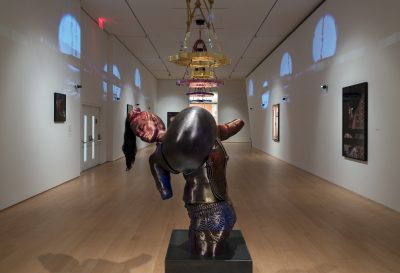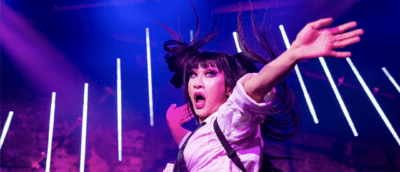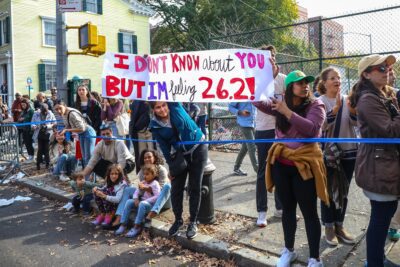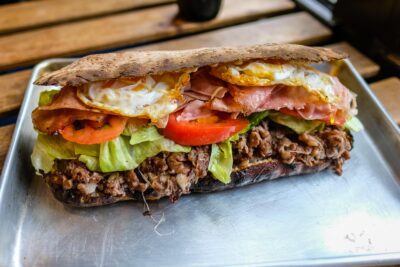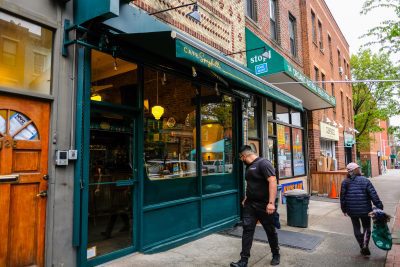All photos by Scott Lynch
‘Super dope’: Scenes from Afropunk’s sunny (and soggy) return to Fort Greene
The music, food, and fashion festival brought its “celebration of Black joy” back to Brooklyn for the first time since 2019
This past weekend, after two Covid-canceled years, the Afropunk music festival returned to Commodore Barry Park with food tents and trucks, a host of local vendors selling everything from clothing to artwork to bags of weed, and a stacked lineup of performers on two stages that included headliners The Roots and Burna Boy, as well as Freddie Gibbs, Tierra Whack, Earl Sweatshirt, and Bartees Strange.
“I’ve been to three or four Afropunks, going all the way back to 2014,” East Flatbush resident Omari Perkins, who goes by Wensday, told Brooklyn Magazine. “It’s great to be back. I feel like this is needed right now, especially in these times, with the bad energy that’s going on. People really need to connect and just vibe out.”
Vibing out was easier on Saturday, perhaps, when it was sunny and warm all day, but even in Sunday’s soggy conditions — which got even soggier in the evening when the rain really started coming down — spirits (among other things) remained high.
Brian Hunter, a Philadelphia native traveled from North Carolina this year, refused to let the weather ruin his party. “It’s a little sad that it’s raining,” he said. “But we’re here to support the talent on the stage, and each other.”
Afropunk got its start in 2005, in Fort Greene at BAM, as a kind of extension of James Spooner’s seminal 2003 film “Afro-Punk,” a documentary about the then little-examined and appreciated Black punk subculture. (The blog Black-Owned Brooklyn has a good, in-depth look at these early days.)
And though Afropunk, the festival, has grown and evolved over the years — it’s now a global brand; admission went from free to at least $175 a day; and many of the biggest acts, from Ice Cube in 2016 to The Roots this past weekend, would perhaps not be considered punk — the commitment to creating a space for alternative Black music, culture, food, and fashion in the community remains the same.
As the website states, Afropunk is a “celebration of Black joy,” in all of its manifestations.
Talia Goddess, a 20-year-old who grew up in East Flatbush, got on stage both days, performing a set of her own music to open the festival on Saturday, then getting back up there twice to DJ on Sunday.
“This was my first time I’ve ever been to Afropunk,” she told us. “I had heard so much about it growing up so it was a little crazy, all the preparation and anticipation for performing here. And then it went by so fast. But I love it. I love the curation, the lineups, the sound, the festival stage … It’s just such a big production coming together in this small little park. It’s super dope.”
Here are a few scenes from the two-day festival.
Saturday
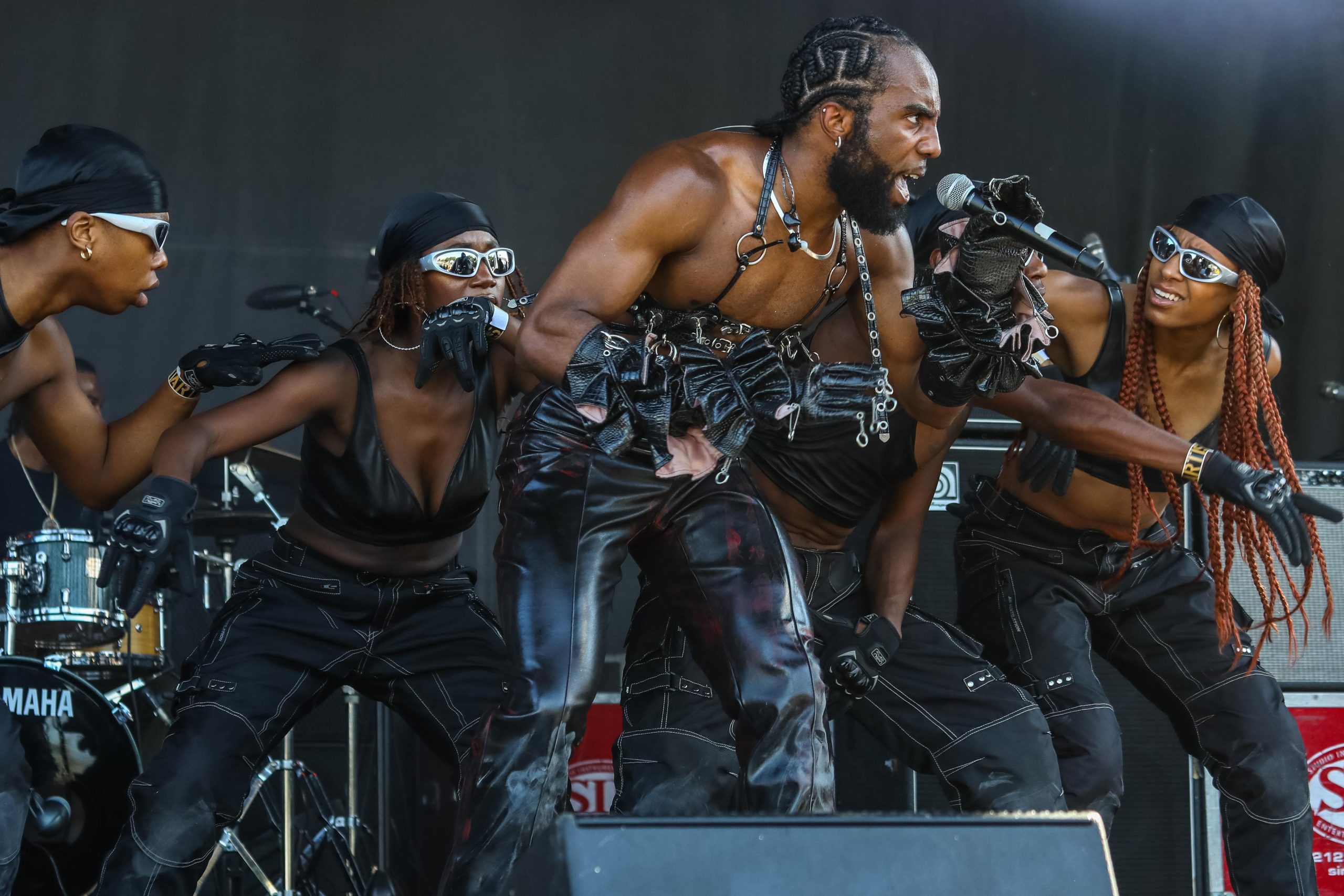
Rodney Chrome (Scott Lynch)
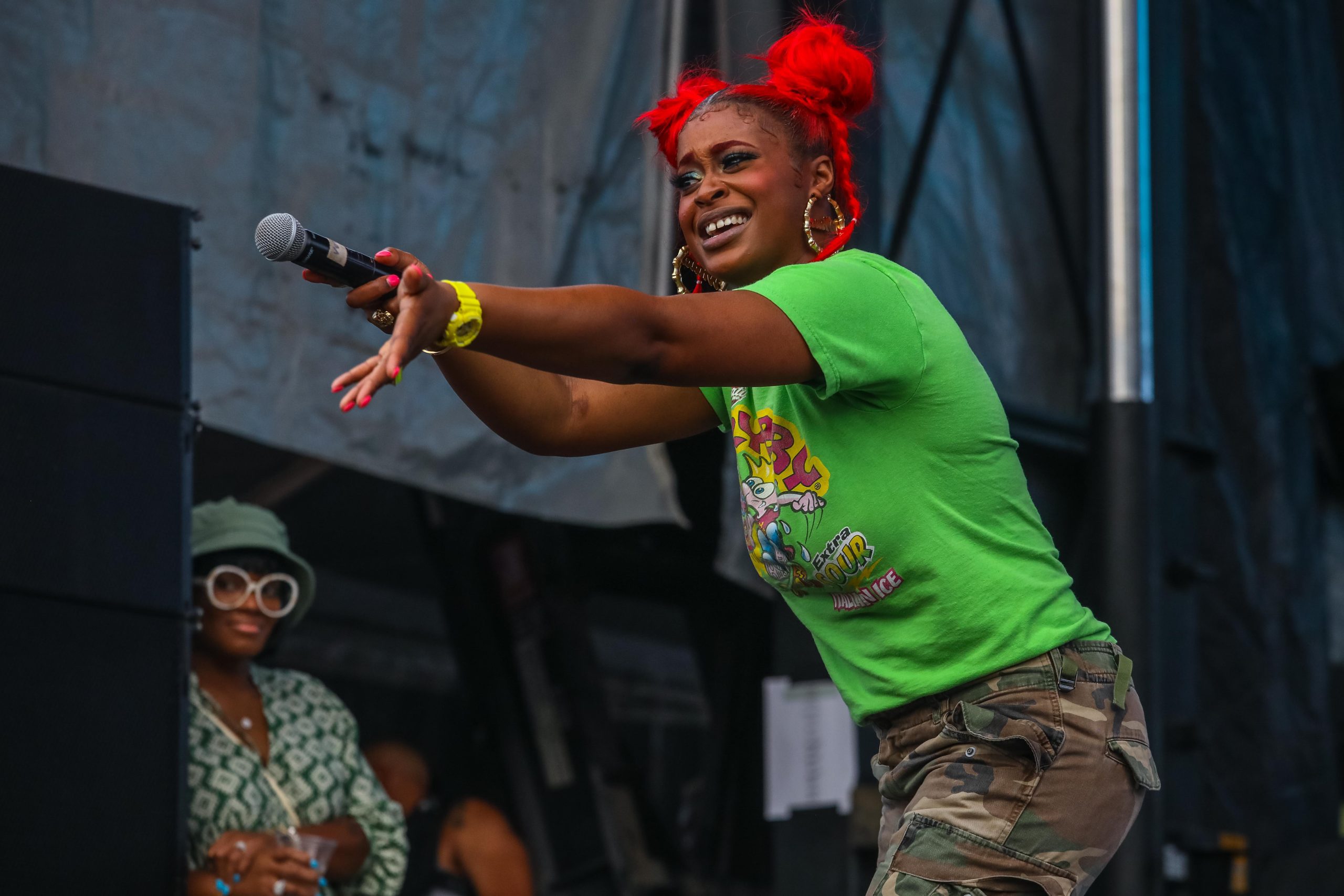

Tierra Whack (and, to her left, her mom) (Scott Lynch)
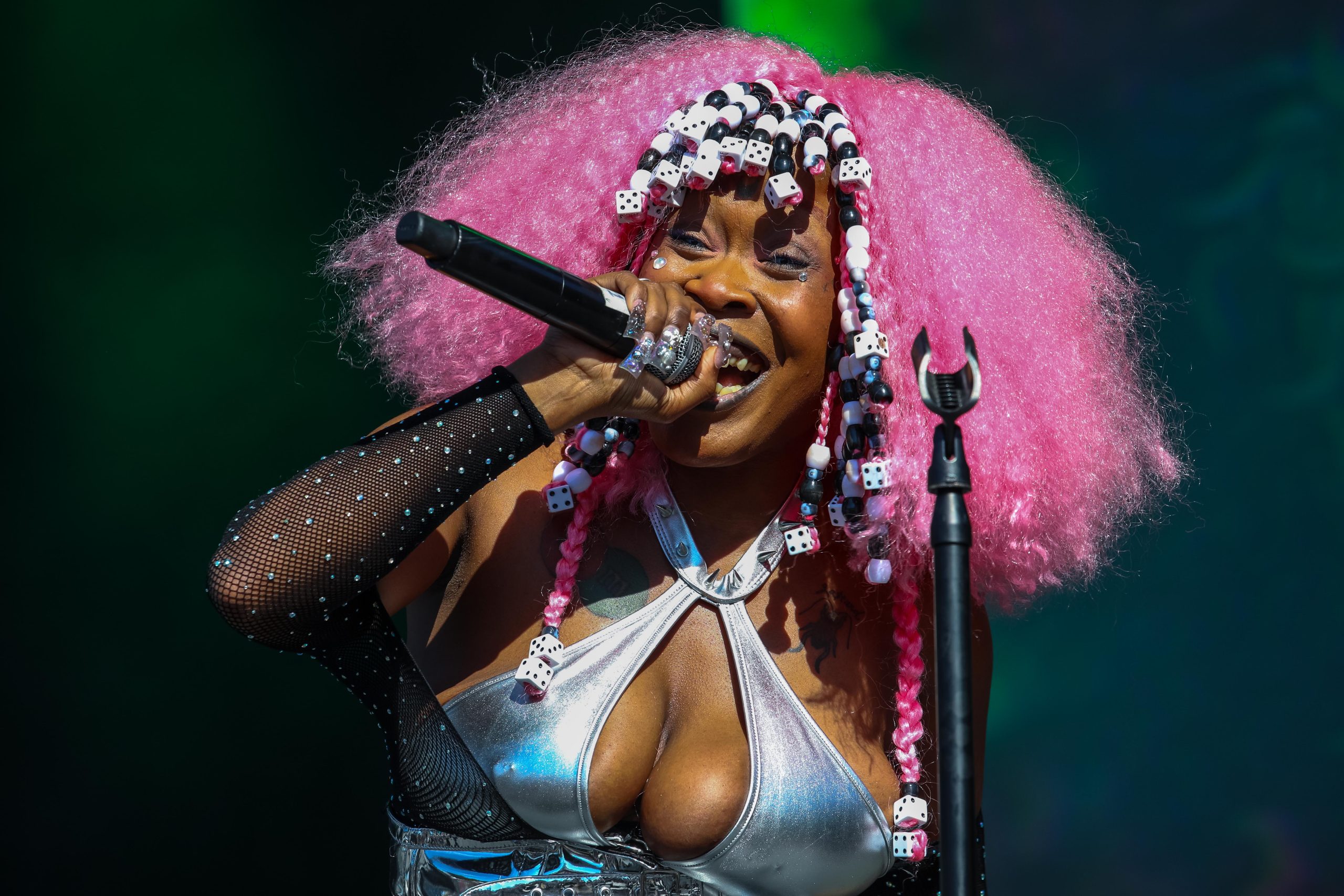

Bbymutha (Scott Lynch)
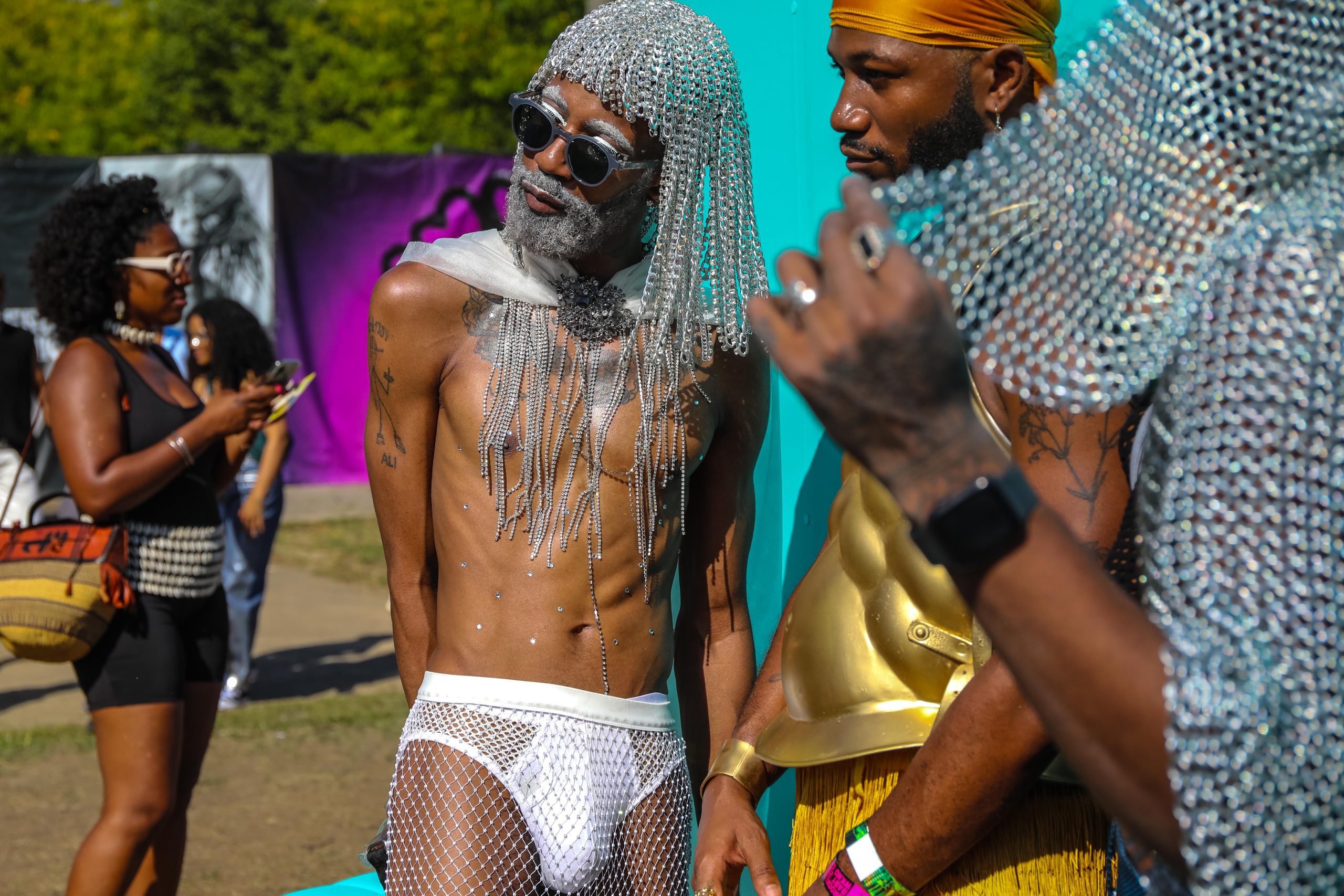

(Scott Lynch)
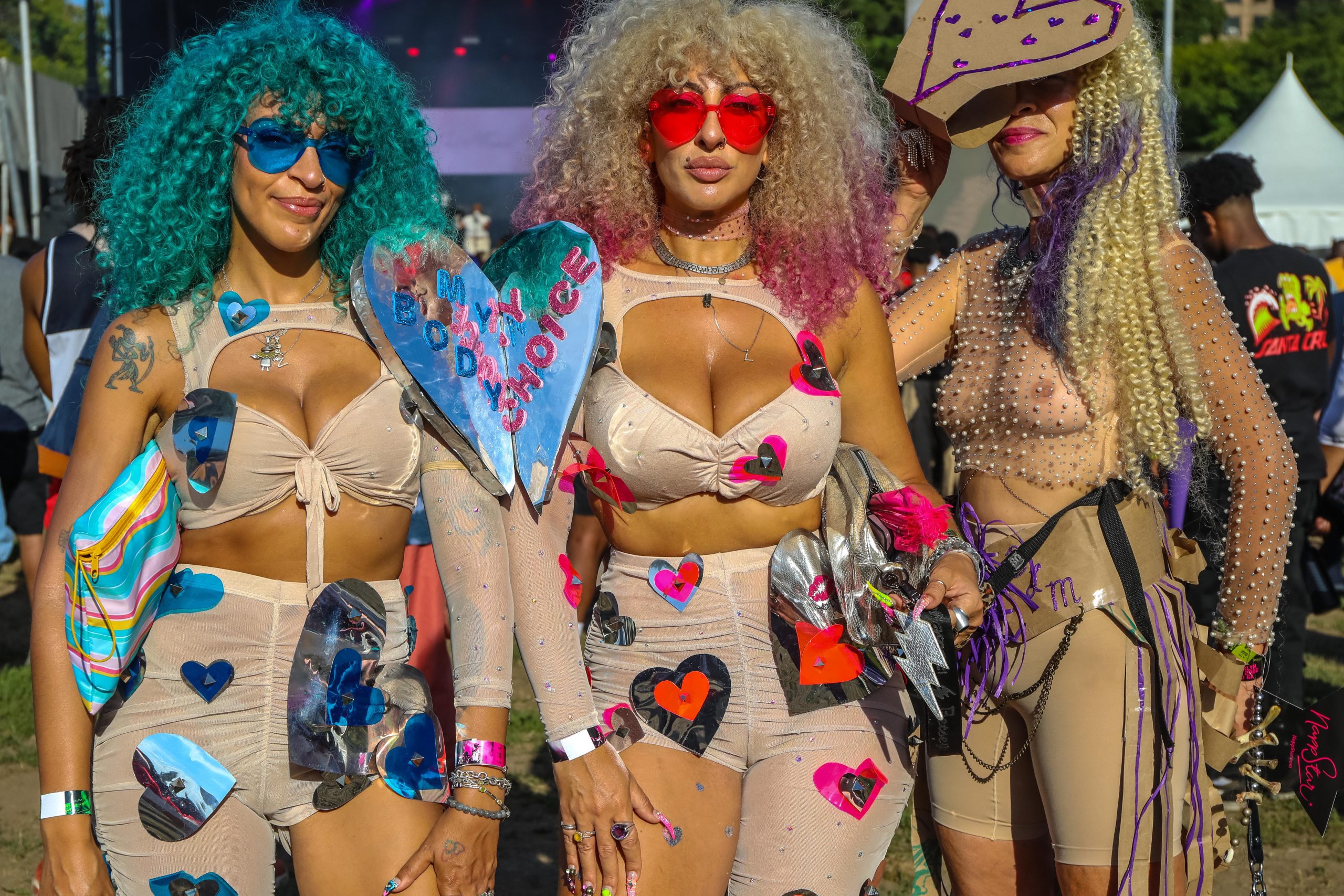

(Scott Lynch)
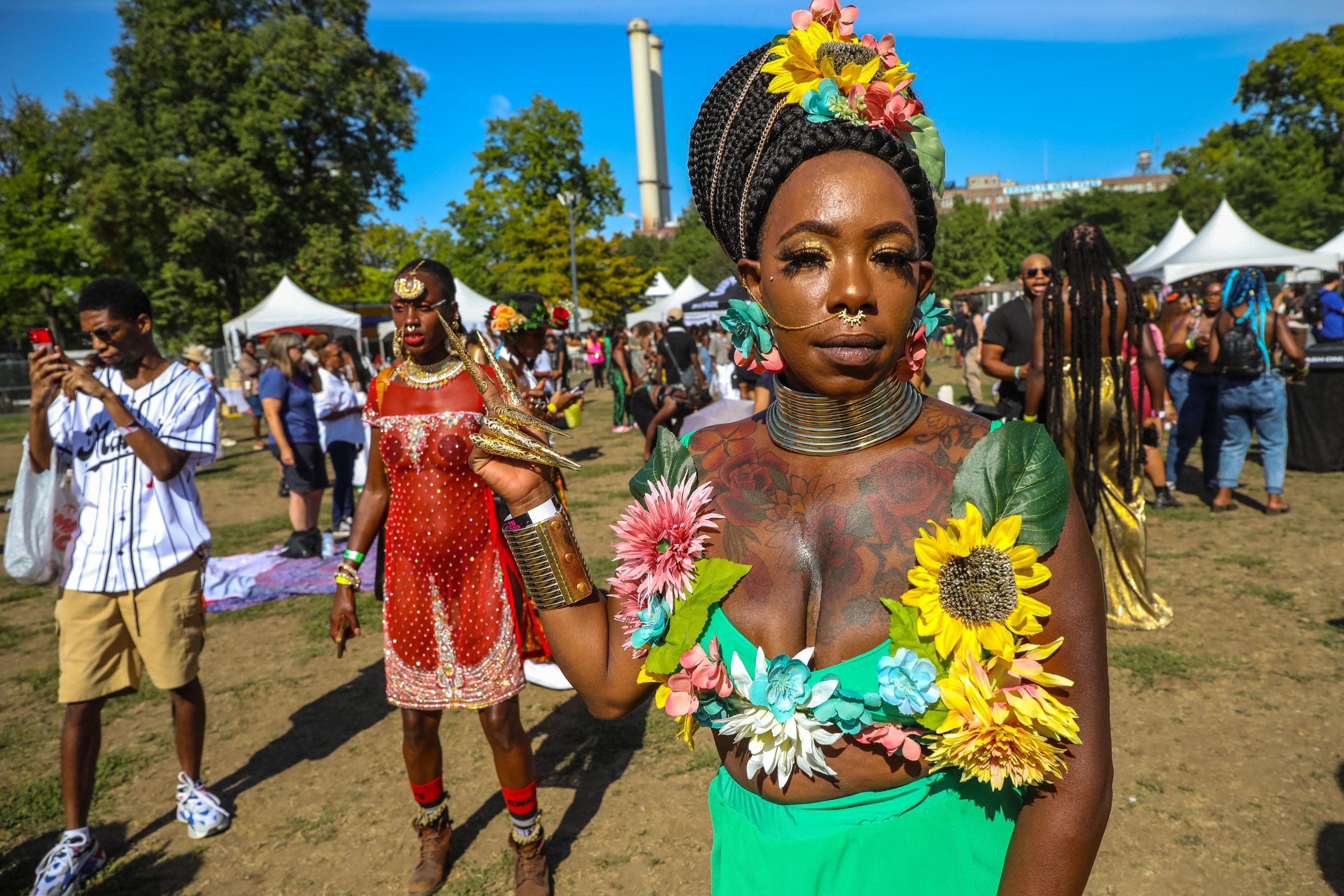

(Scott Lynch)
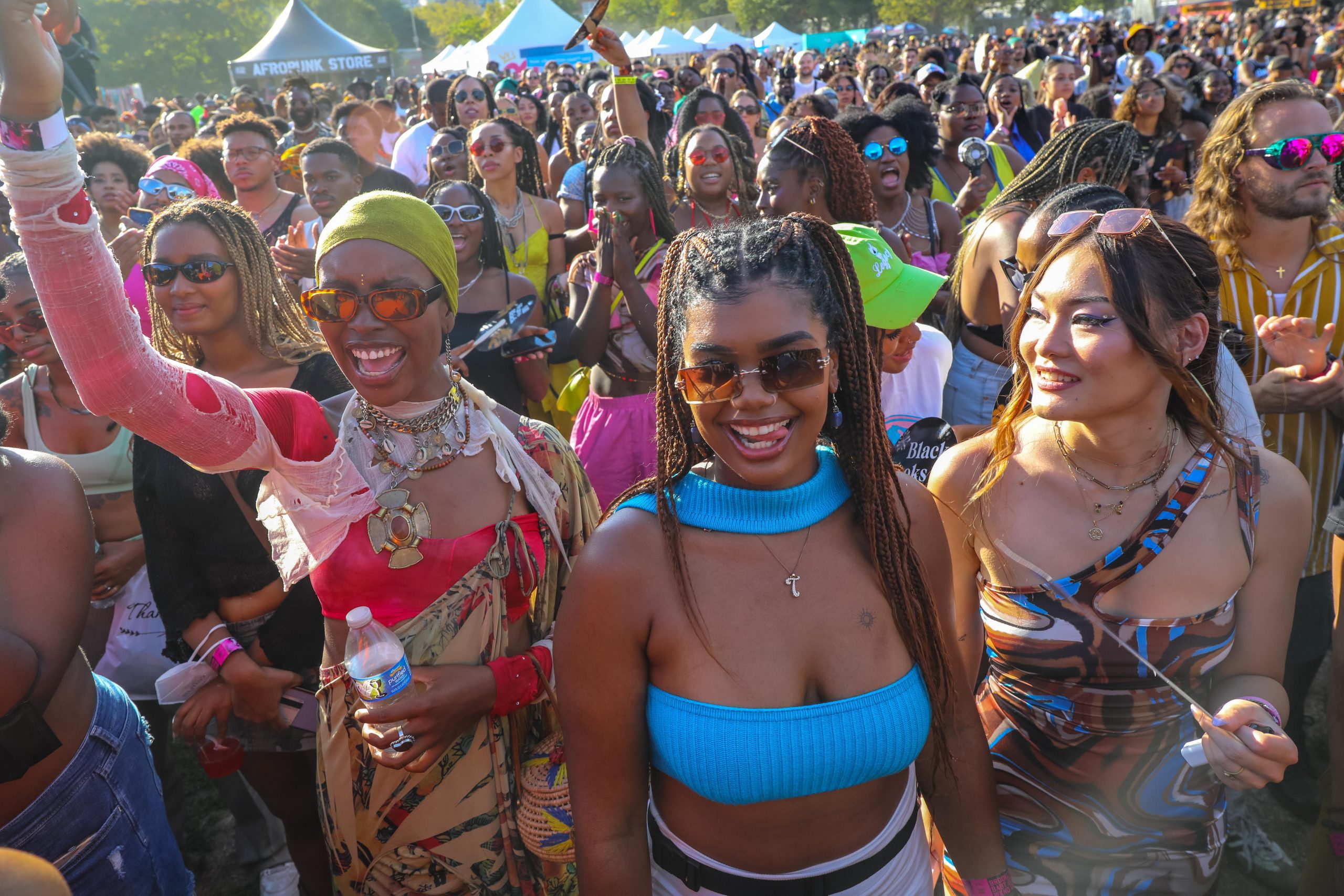

(Scott Lynch)
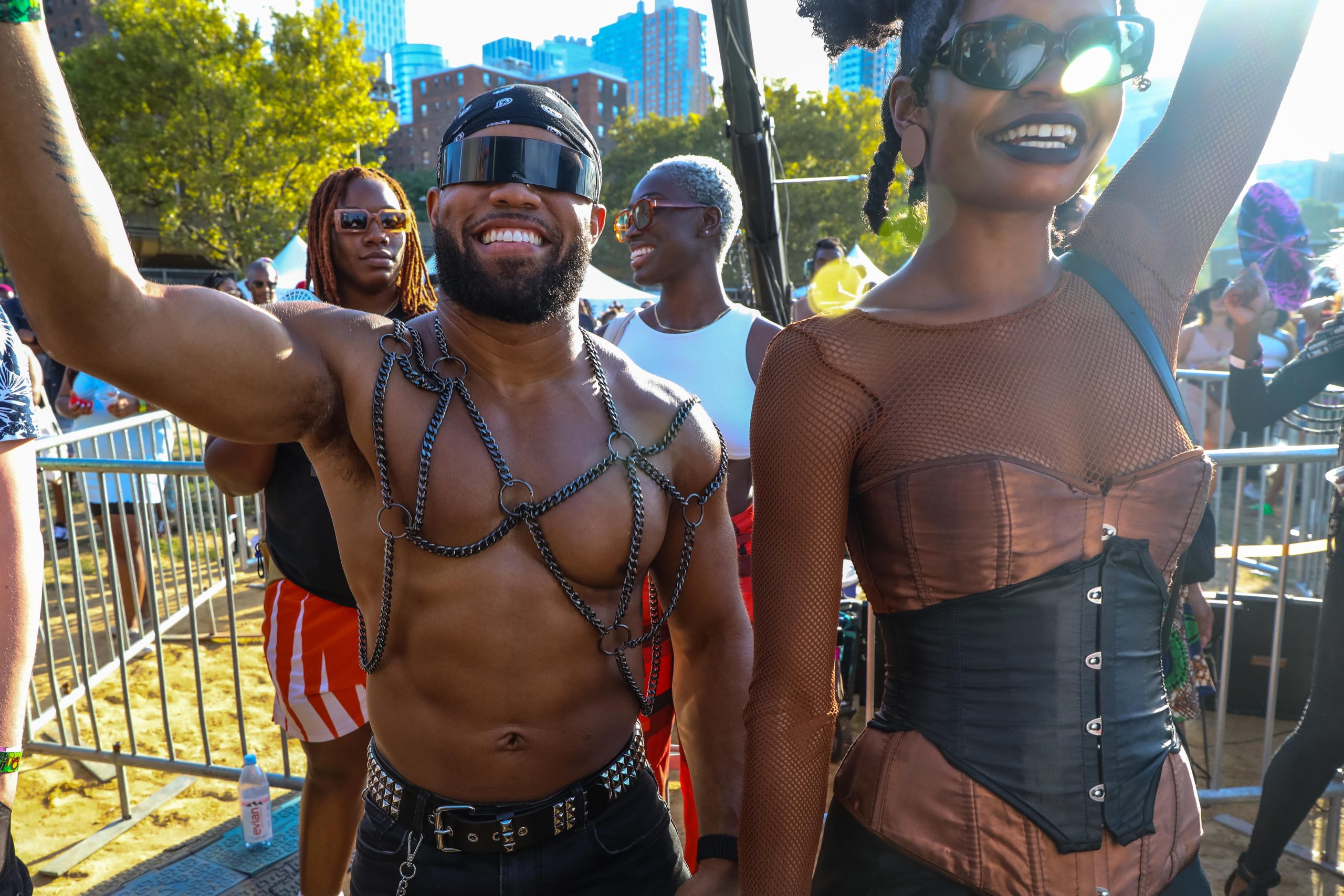

(Scott Lynch)
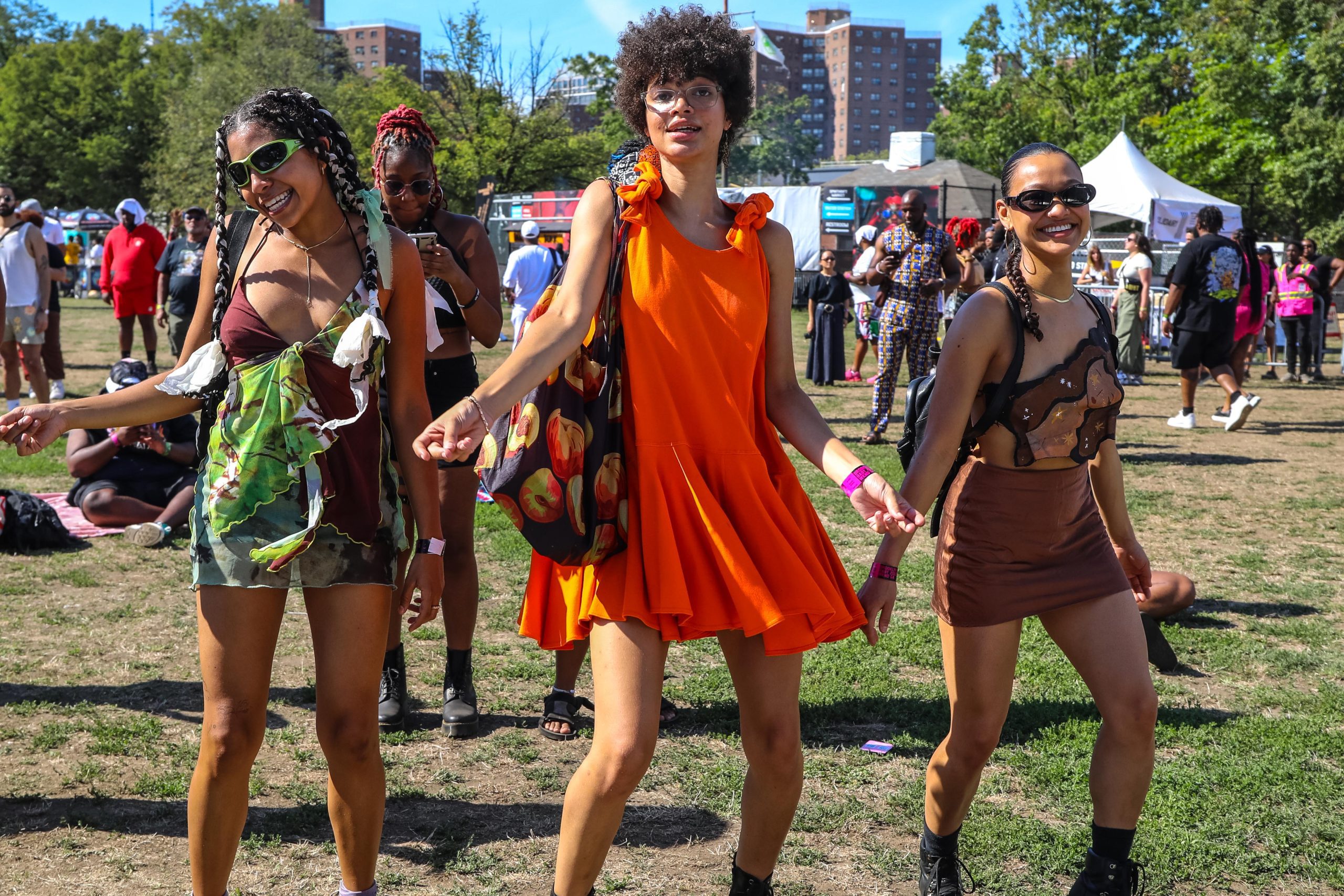

(Scott Lynch)
Sunday
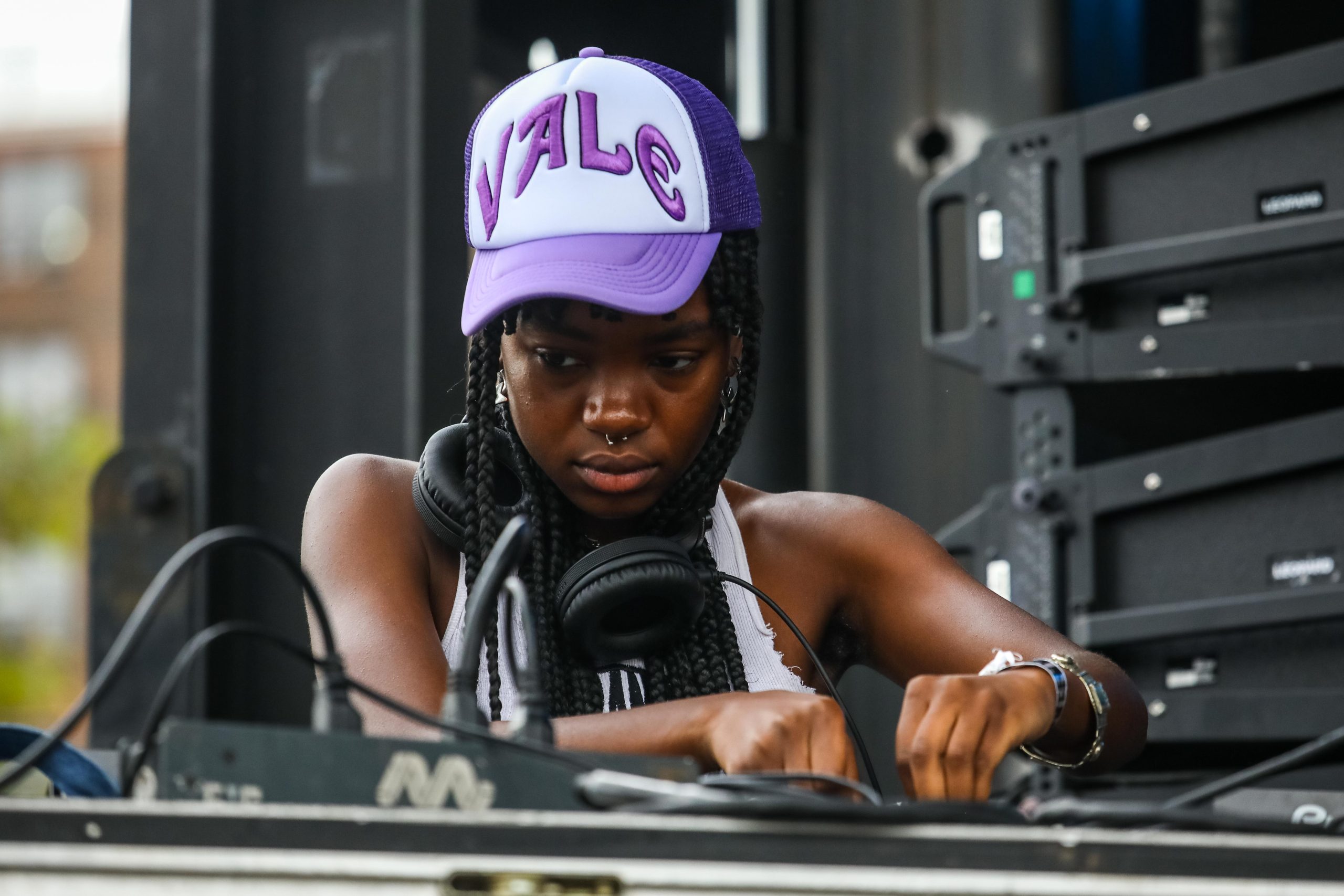

Talia Goddess (Scott Lynch)
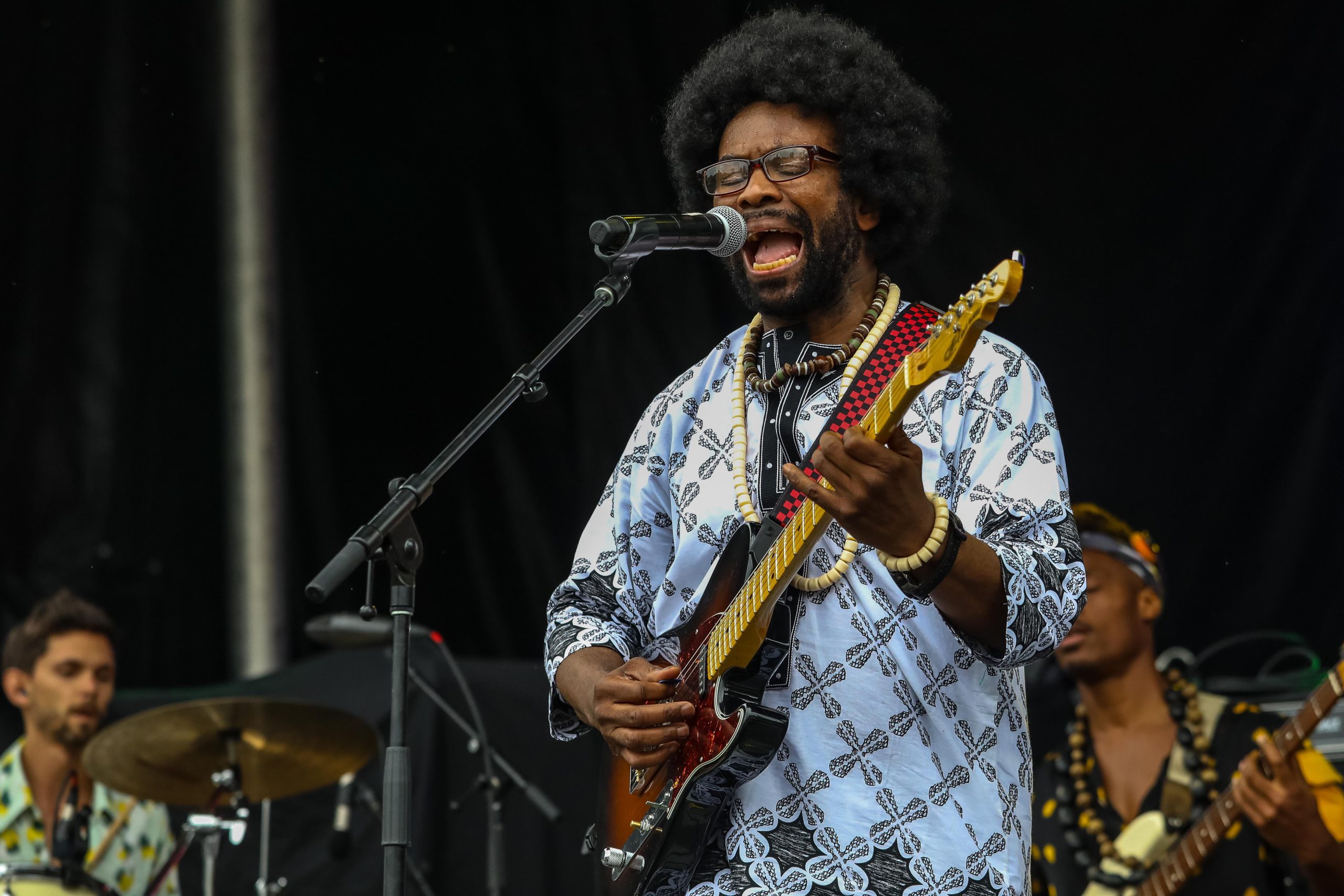

Kaleta & Super Yamba Band (Scott Lynch)
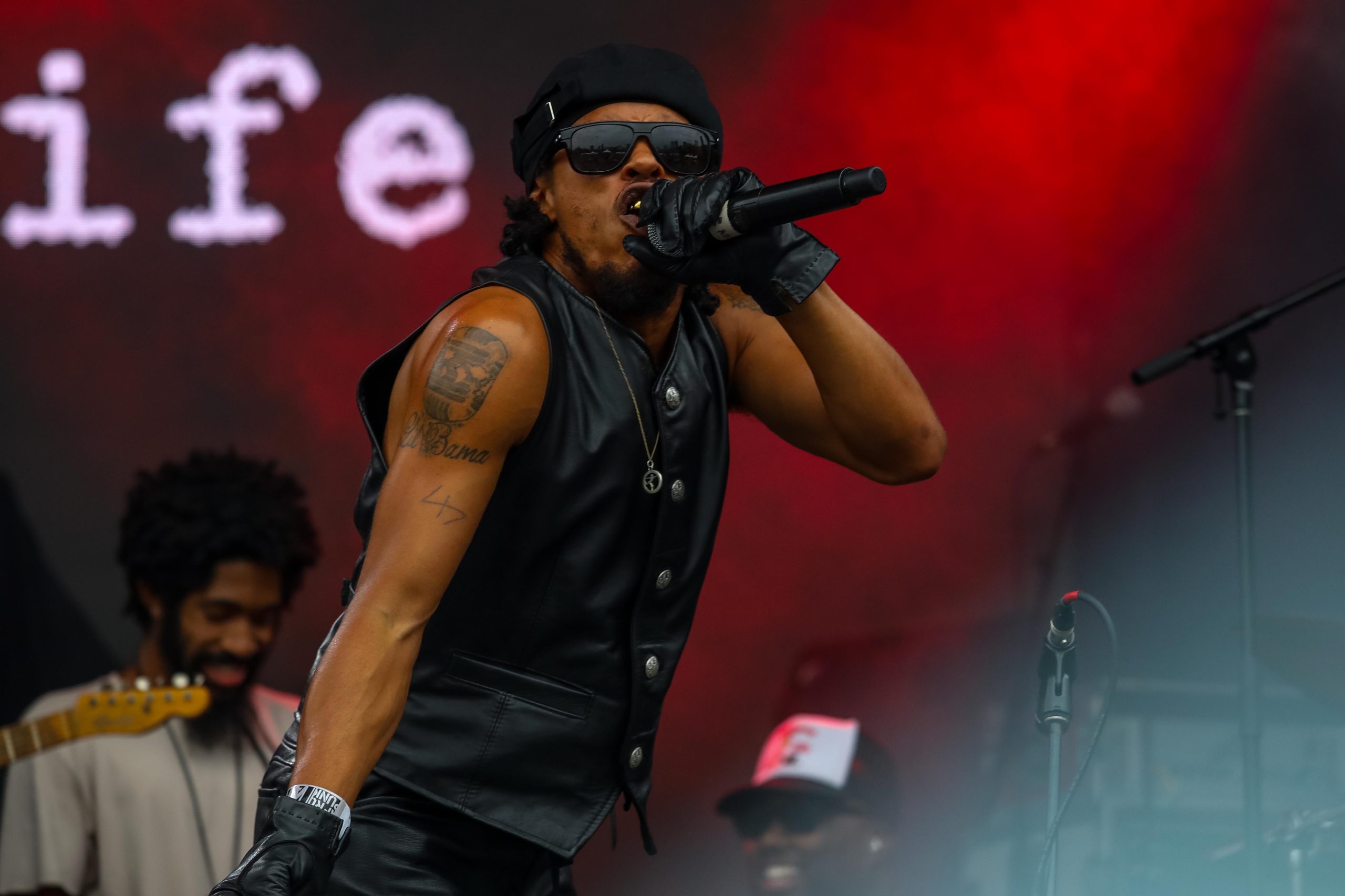

Pink Siifu (Scott Lynch)
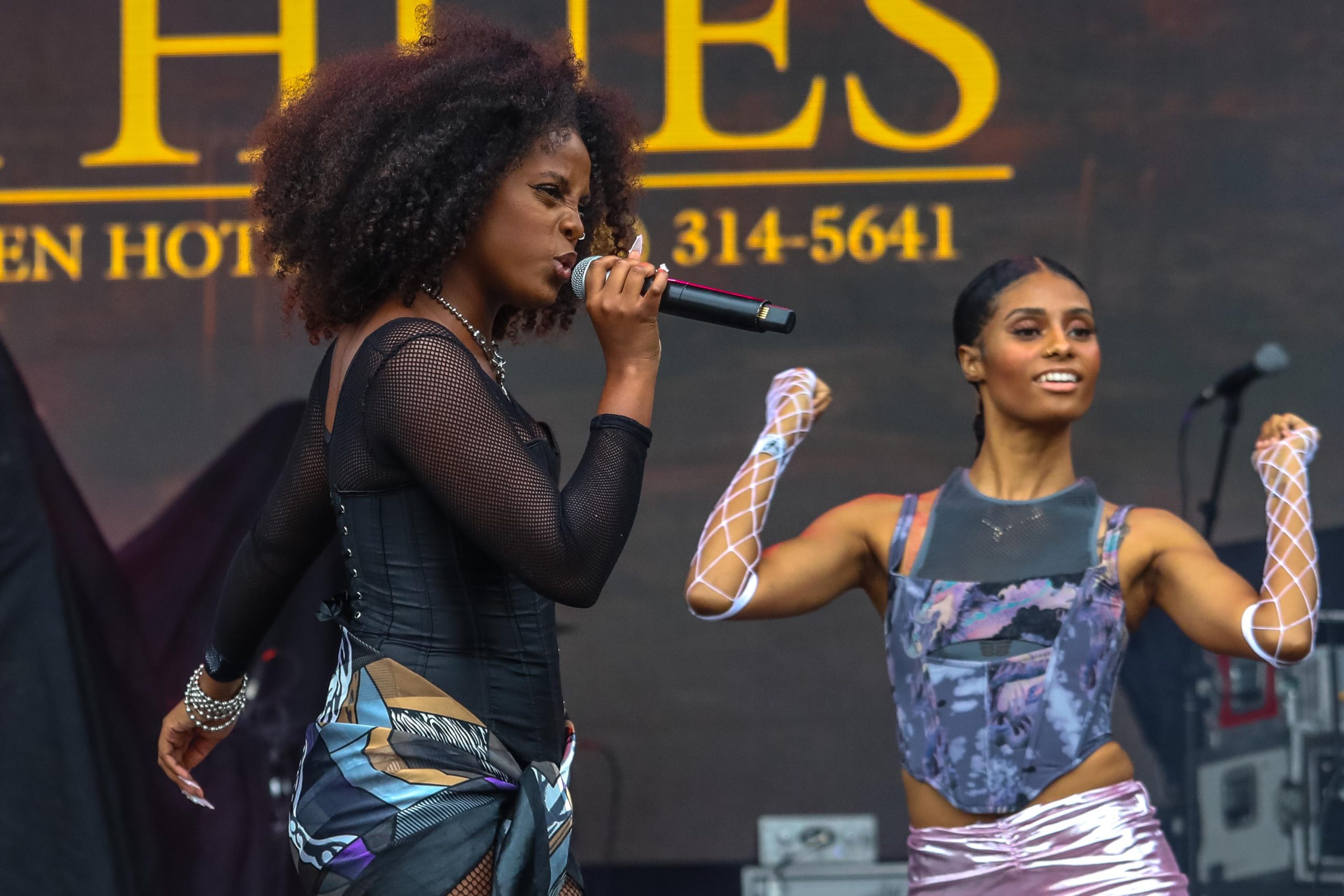

Fana Hues (Scott Lynch)
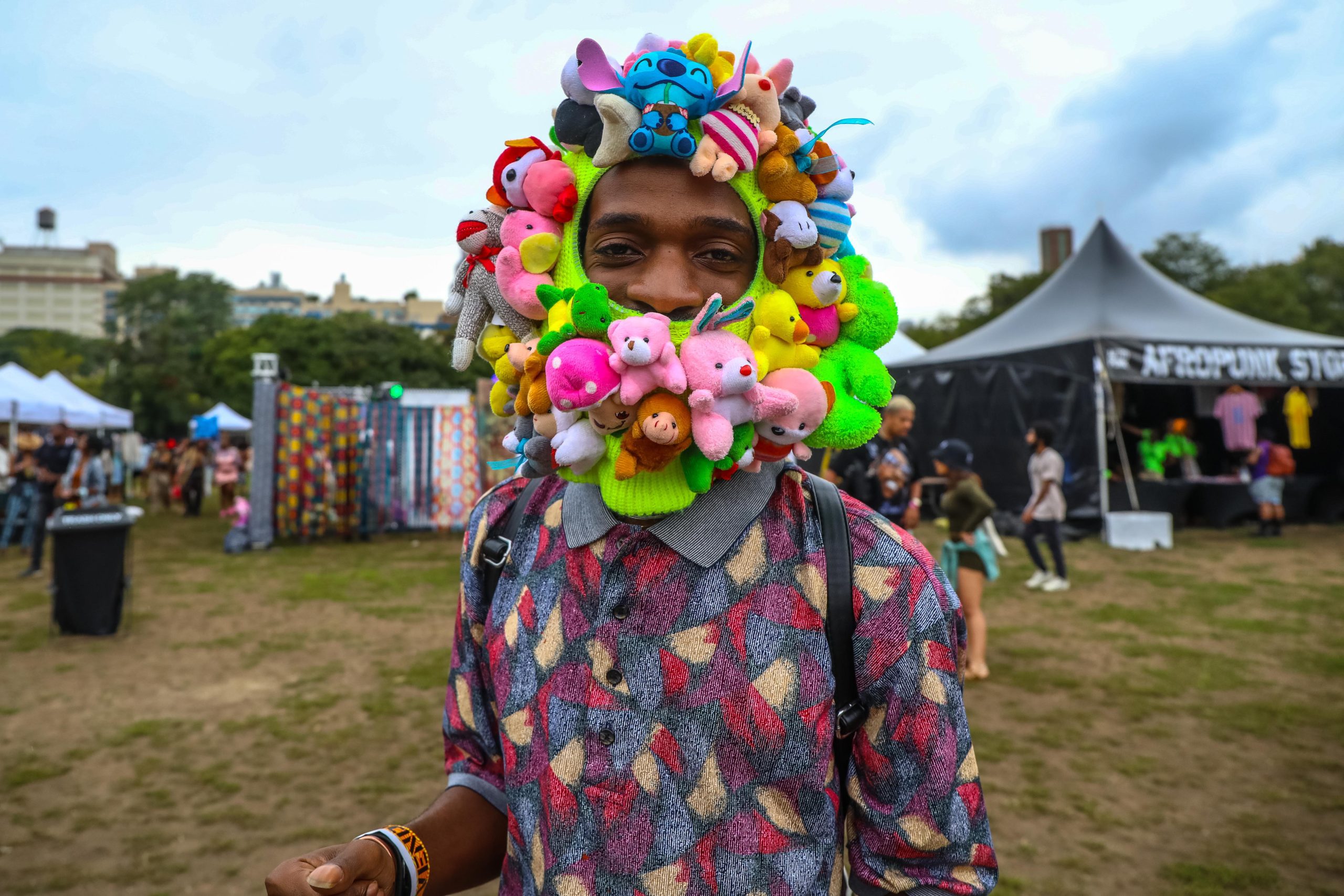

Scott Lynch
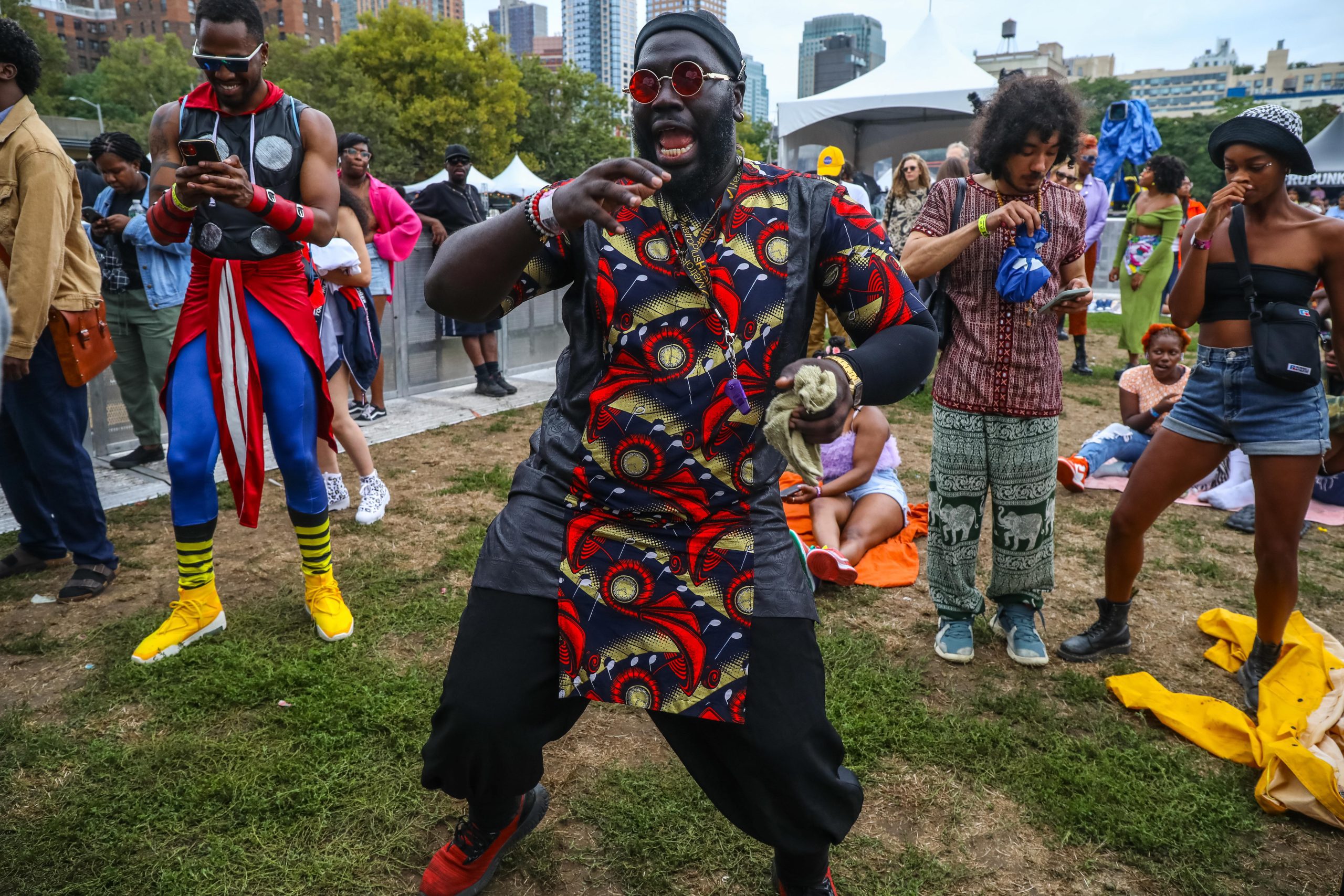

Scott Lynch
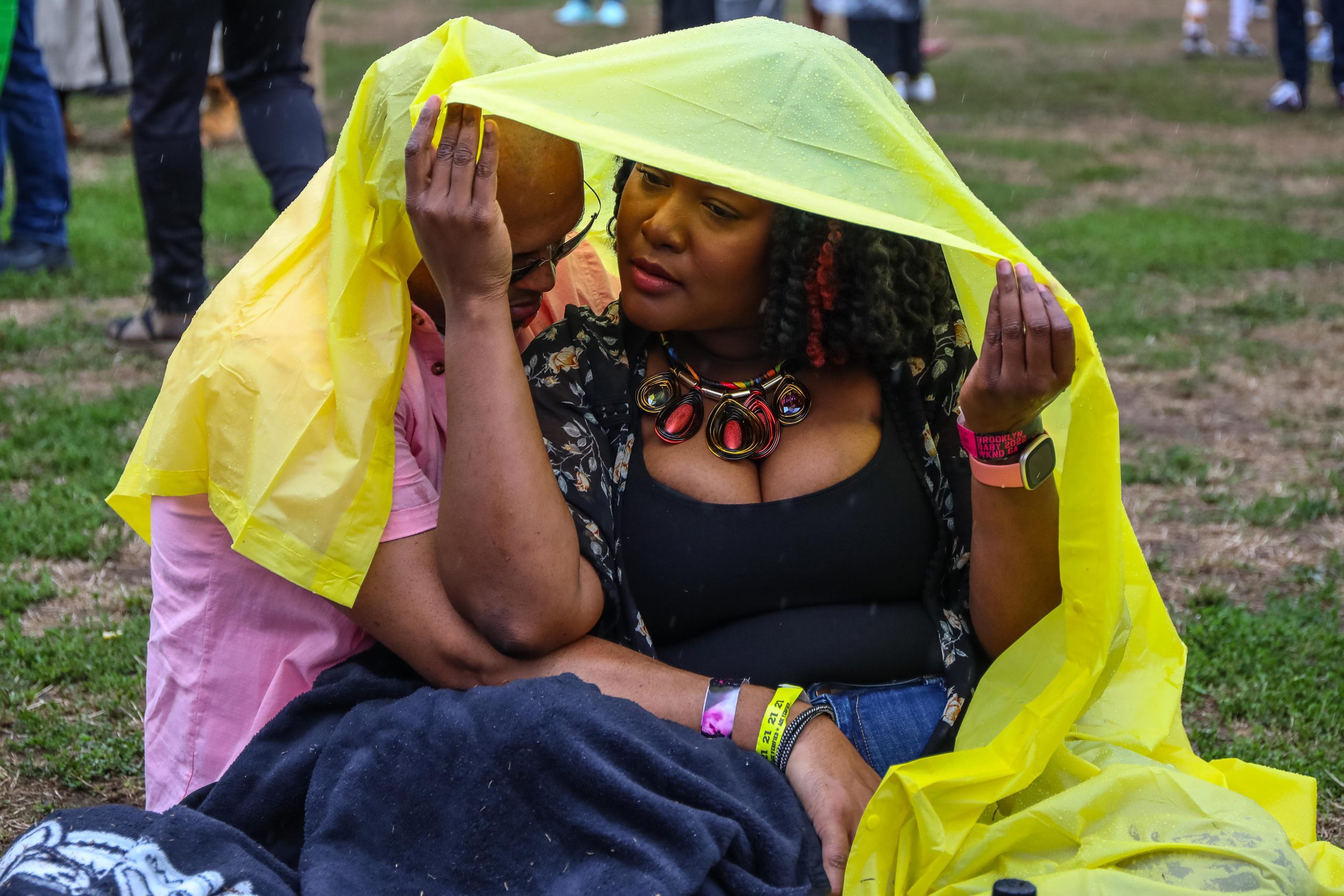

Scott Lynch
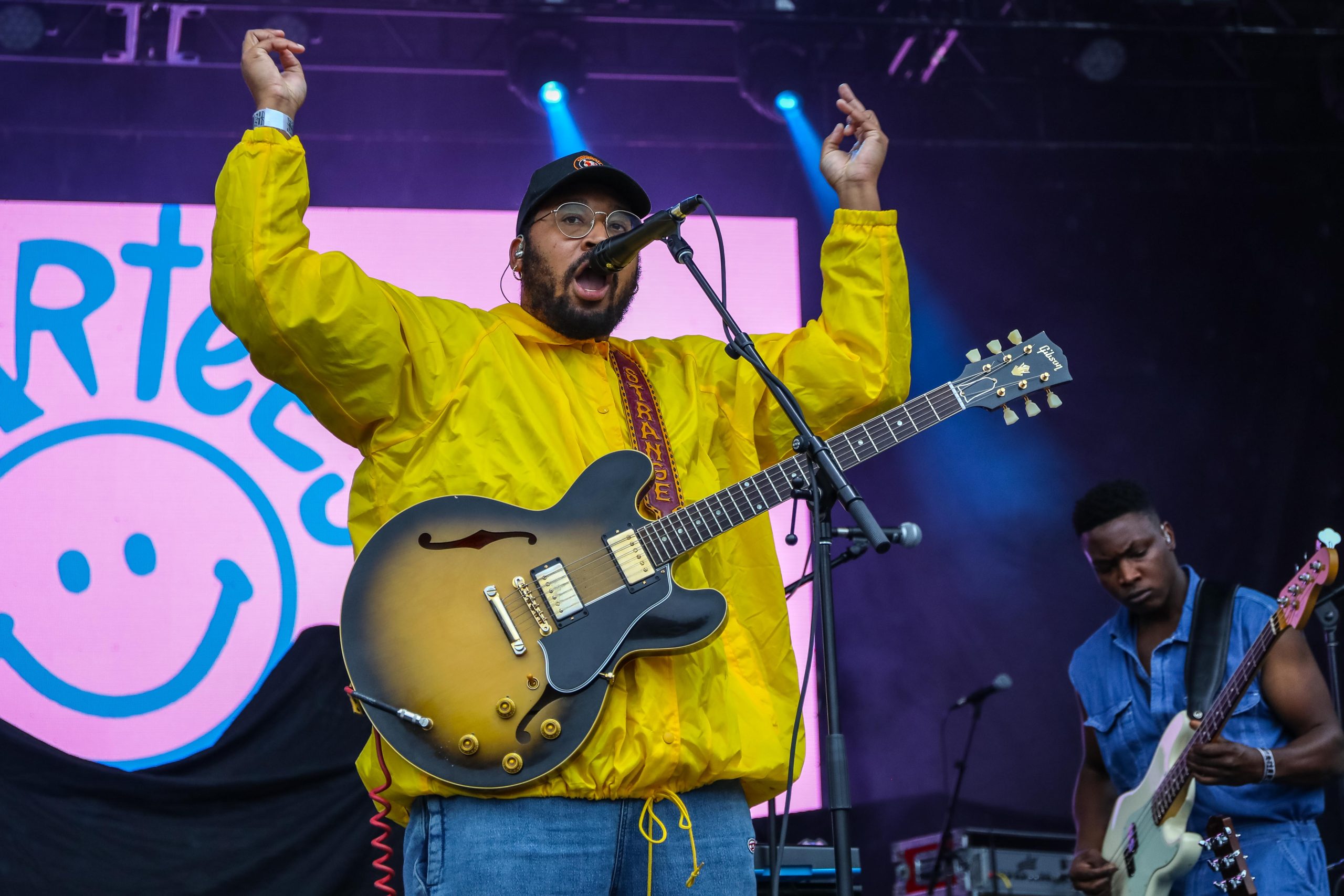

Bartees Strange (Scott Lynch)
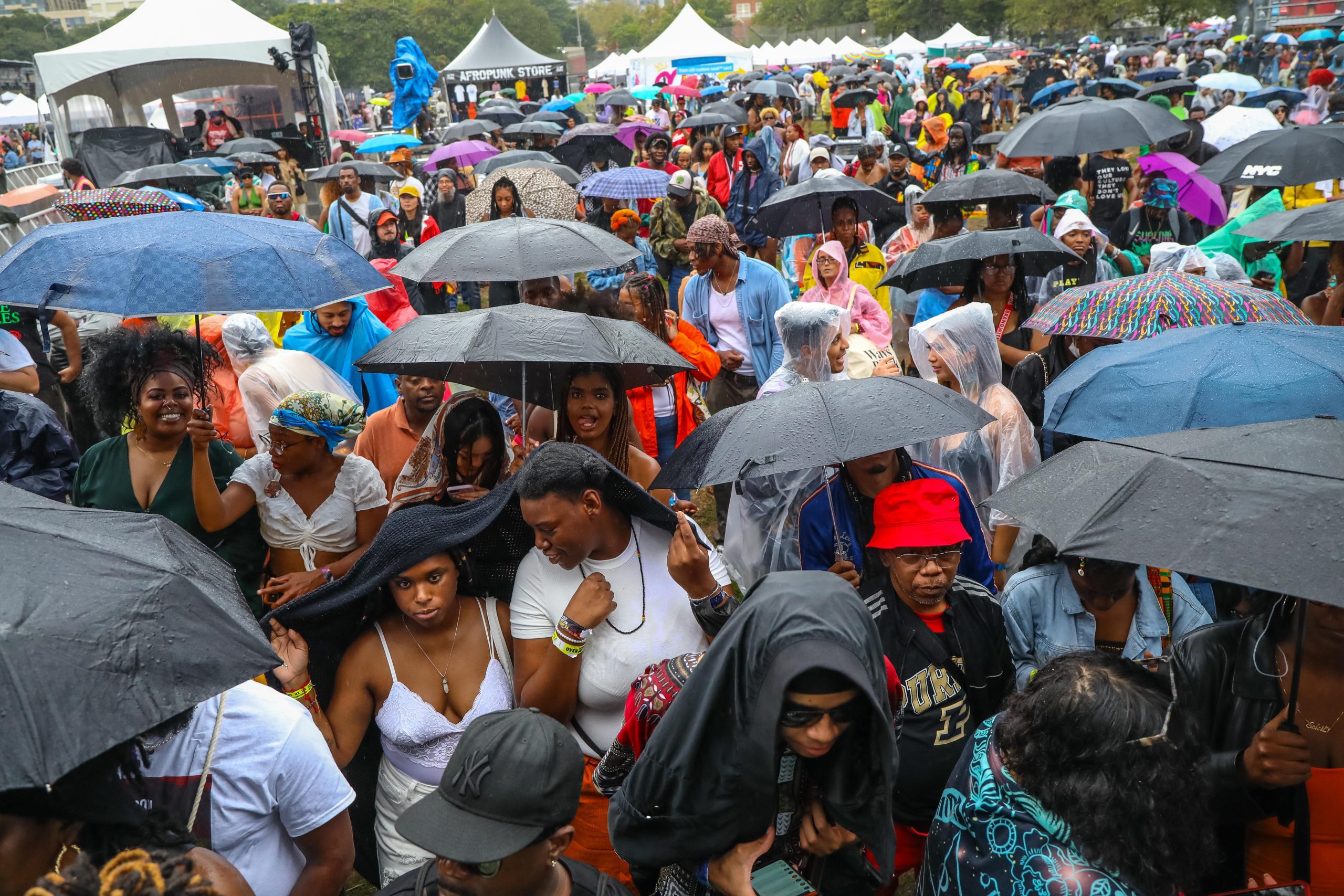

Scott Lynch
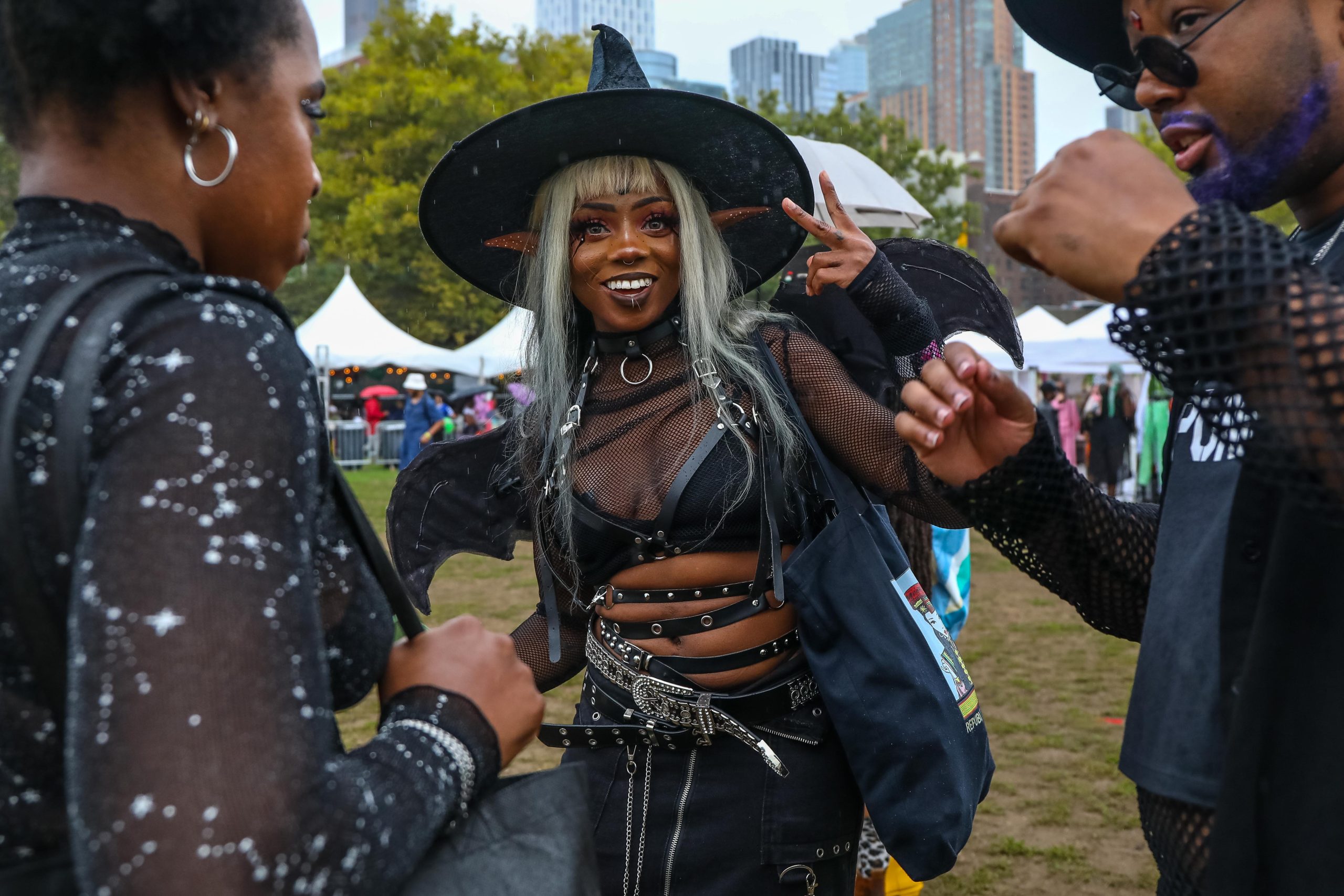

Scott Lynch
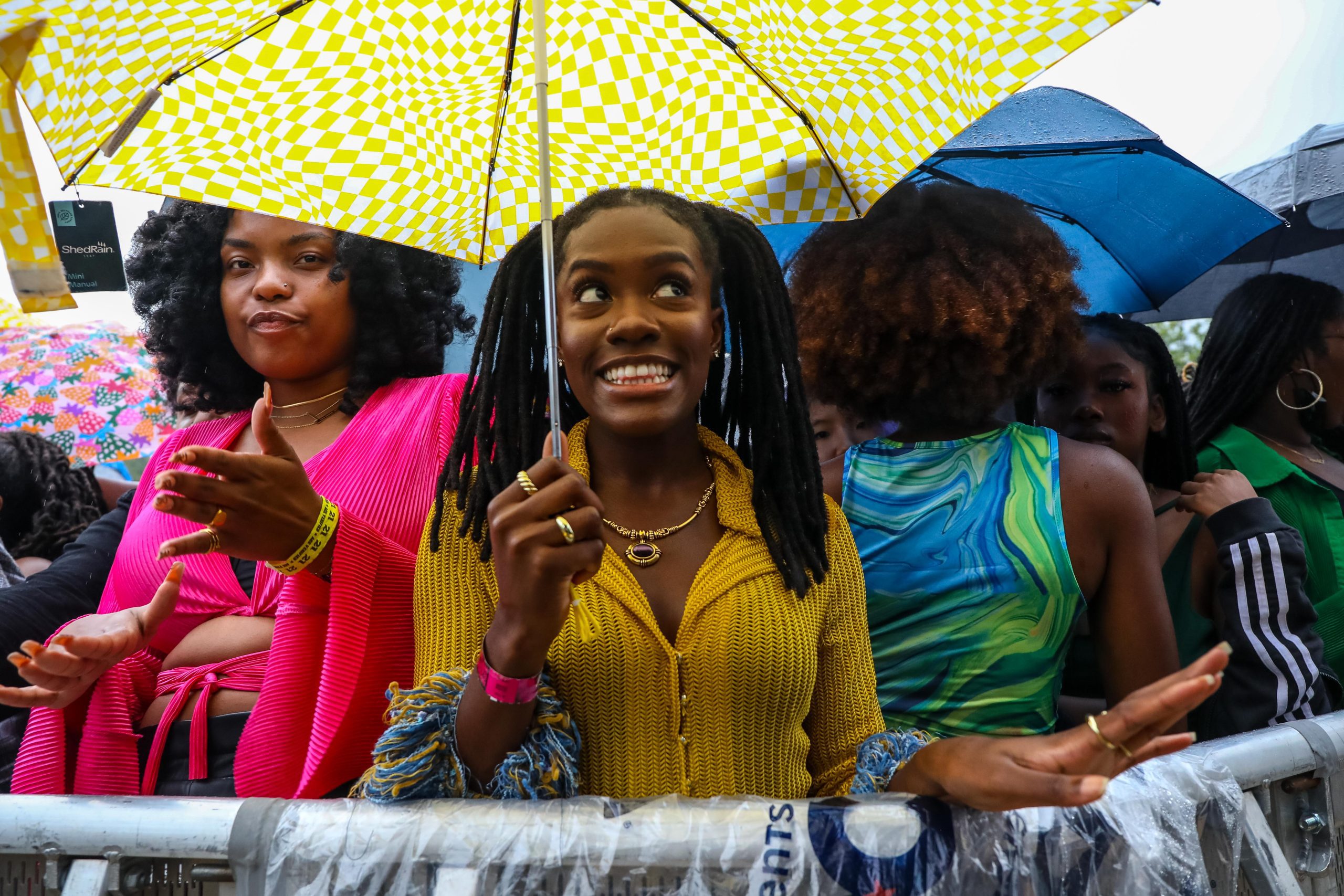

Scott Lynch
You might also like 

















